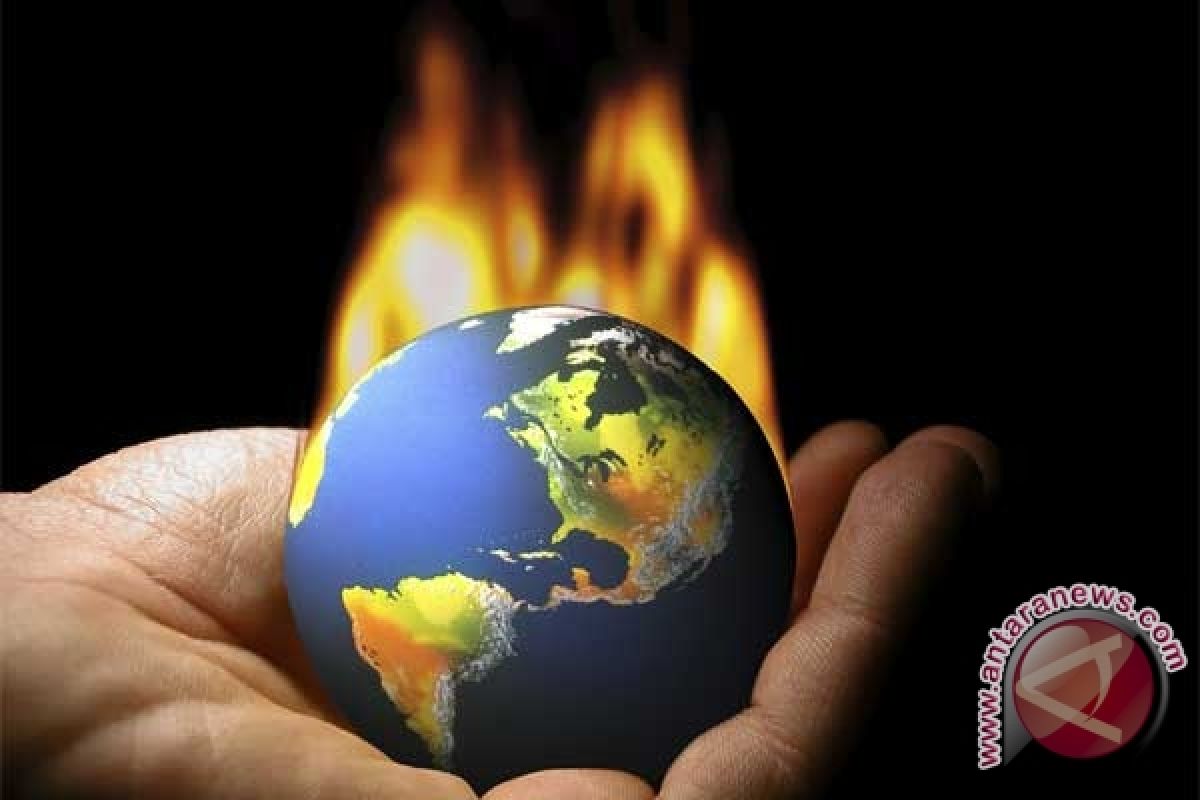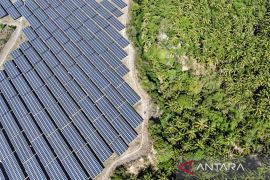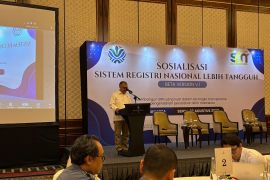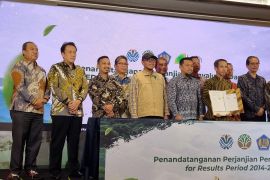This is why we focus on multisectoral impacts around the world..."Washington (ANTARA/Xinhua-OANA) - One out of 10 people around the world is likely to live in a place where two or more sector such as crop yields, water, ecosystems or health are severely impacted by climate change by the end of this century, if greenhouse gas emissions continue unabated, according to an international study released Monday.
The study, which appeared in the U.S. journal Proceedings of the National Academy of Sciences, identified the southern Amazon basin as the "most prominent" climate impact hotspot, saying that the region is projected to "experience severe changes" in three sectors of crop yields, ecosystems and water availability.
The second largest hotspot region is southern Europe, with overlapping changes in water availability and ecosystems. Other hotspots that might experience severe change in multiple sectors included tropical regions in Central America and Africa as well as northern regions of south Asia.
"Overlapping impacts of climate change in different sectors have the potential to interact and thus multiply pressure on the livelihoods of people in the affected regions," lead author Franziska Piontek of Germany`s Potsdam Institute for Climate Impact Research said in a statement. "This is why we focus on multisectoral impacts around the world, which turn out to be felt in developed as well as developing countries," Piontek said.
This is the first study to identify hotspots across these sectors based on a comprehensive set of computer simulations both for climate change and for the impacts it is causing. Modelling groups from Germany, China, Japan, the United States and other countries collaborated under the so-called Intersectoral Impact Model Intercomparison Project to generate consistent data.
They considered impacts related to water, agriculture, ecosystems and health at different levels of global warming and found that "multisectoral overlap starts to be seen robustly" at a mean global warming of three degrees Celsius above the 1980 to 2010 average.
If the average global temperature rise was four degrees Celsius, 11 percent of the world population was "subject to severe impacts in at least two of the four impact sectors" but there is no overlap of severe change in all four sectors, it said.
"We get a broader range in projections of future crop yields, for example," said co-author Alex Ruane of the U.S. NASA Goddard Institute for Space Studies. "It allows for a risk management perspective -- in the hotspot parts of Africa, for instance, even small temperature rises can lead to additional losses that many small farmers simply cannot afford."
(U.C003)
Editor: Priyambodo RH
Copyright © ANTARA 2013












